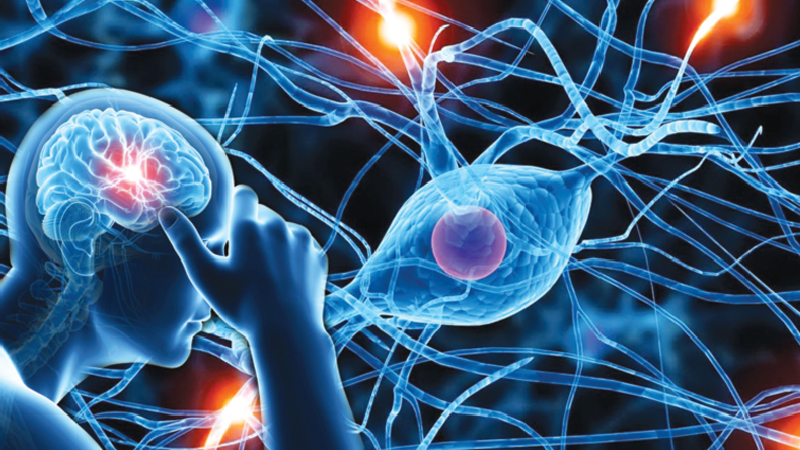Gastrointestinal disorders are conditions that affect the digestive system, including the stomach, intestines, liver, and pancreas. Ayurveda, the traditional system of medicine from India, has a holistic approach to the treatment of gastrointestinal disorders. According to Ayurvedic texts, the digestive system is considered the root of health and disease. Proper digestion is essential for maintaining overall health and well-being.
Ayurvedic texts describe three doshas, or energy forces, that govern the body and mind: Vata, Pitta, and Kapha. Each dosha is associated with specific qualities and functions in the body, including digestion. When the doshas are out of balance, it can lead to digestive disorders.
Ayurvedic treatment of gastrointestinal disorders involves balancing the doshas through dietary modifications, herbal remedies, and lifestyle changes. Here are some key concepts from Ayurvedic texts related to the treatment of gastrointestinal disorders:
- Agni: Agni is the digestive fire that governs the digestive system. When Agni is strong, food is digested properly and nutrients are absorbed efficiently. Weak Agni can lead to digestive problems such as constipation, gas, and bloating. Ayurvedic treatment of digestive disorders involves strengthening Agni through dietary modifications, herbal remedies, and lifestyle changes.
- Ama: Ama is undigested food material that accumulates in the digestive system when Agni is weak. Ama is considered a toxin in Ayurveda and can lead to digestive disorders such as constipation, diarrhea, and bloating. Ayurvedic treatment of digestive disorders involves eliminating Ama through dietary modifications, herbal remedies, and lifestyle changes.
- Dosha imbalance: Each dosha is associated with specific digestive functions. Vata governs the movement of food through the digestive system, Pitta governs the digestive enzymes and acids, and Kapha governs the mucus lining of the stomach and intestines. Imbalances in the doshas can lead to digestive disorders. Ayurvedic treatment of digestive disorders involves balancing the doshas through dietary modifications, herbal remedies, and lifestyle changes.
- Diet: Shashvat Ayurveda emphasize the importance of a healthy diet for maintaining proper digestion. A diet that is appropriate for the individual’s dosha constitution can help to balance the doshas and promote proper digestion. Ayurvedic treatment of digestive disorders involves making dietary modifications to support digestion.
- Herbal remedies: Shashvat Ayurveda has a wide range of herbs and spices that can be used to promote digestion and treat digestive disordersTop of Form
Here are some common gastrointestinal disorders and their management in Shashvat Ayurveda:
- Irritable bowel syndrome (IBS): IBS is a common disorder that affects the digestive system, causing symptoms such as abdominal pain, bloating, and changes in bowel habits. Ayurvedic management of IBS may include dietary modifications, herbal remedies, and lifestyle changes. Lifestyle changes may include stress reduction techniques such as yoga and meditation.
- Acid reflux/GERD: Acid reflux/GERD is a condition where stomach acid flows back into the esophagus, causing symptoms such as heartburn, regurgitation, and difficulty swallowing. Ayurvedic management of acid reflux/GERD may include dietary modifications, herbal remedies, panchkarma and lifestyle changes. Lifestyle changes may include avoiding trigger foods and practicing stress reduction techniques.
- Ulcerative colitis: Ulcerative colitis is a chronic inflammatory bowel disease that affects the lining of the colon and rectum, causing symptoms such as abdominal pain, diarrhea, and rectal bleeding. Ayurvedic management of ulcerative colitis may include dietary modifications, herbal remedies, panchkarma and lifestyle changes.
- Hepatitis: Hepatitis is a condition that causes inflammation of the liver, often due to a viral infection. Lifestyle changes may include avoiding alcohol and other liver-damaging substances, maintaining a healthy weight, and practicing stress reduction techniques.
- Constipation: Constipation is a common digestive disorder that is characterized by difficulty passing stools. Ayurvedic management of constipation may include dietary modifications, herbal remedies, panchkarma and lifestyle changes Lifestyle changes may include fiber intake, staying hydrated, and regular exercise.
Overall, Shashvat Ayurvedic treatment of gastrointestinal disorders involves a holistic approach that considers the individual’s dosha constitution, dietary habits, and lifestyle factors. Shashvat Ayurveda offers Treatment plans developed under the guidance of our expert Ayurvedic practitioner to ensure safe and effective treatment.
If you are looking for an Ayurvedic clinic to treat your gastrointestinal disorder, our clinic is your best option. We offer natural and holistic treatments that can help alleviate your symptoms and restore your digestive health. Our Ayurvedic treatments are customized to your specific needs and provide long-lasting relief. Contact us today to learn more about our services and to schedule your consultation.





